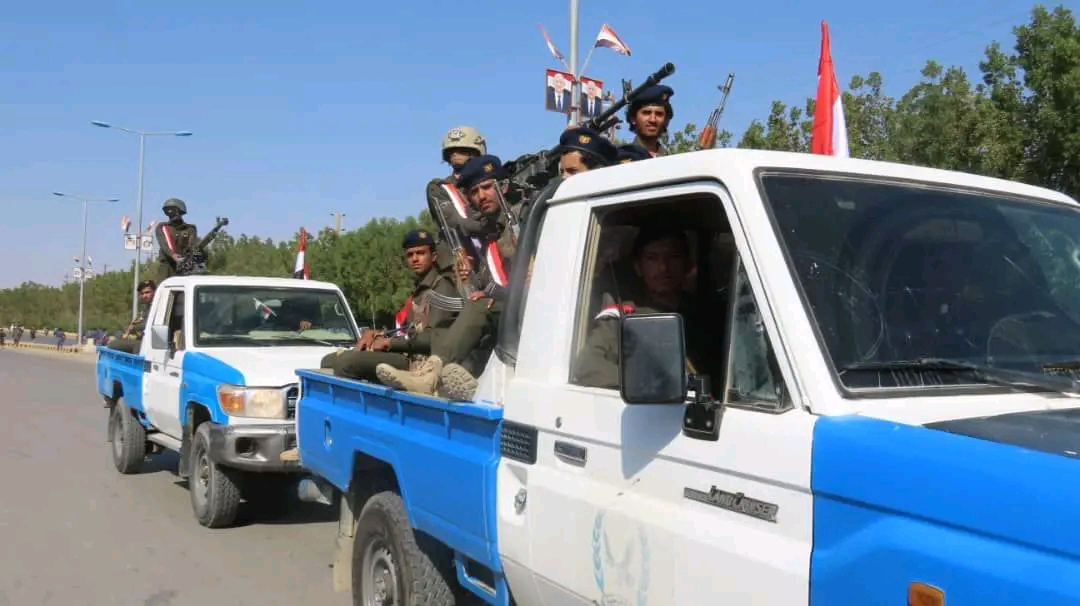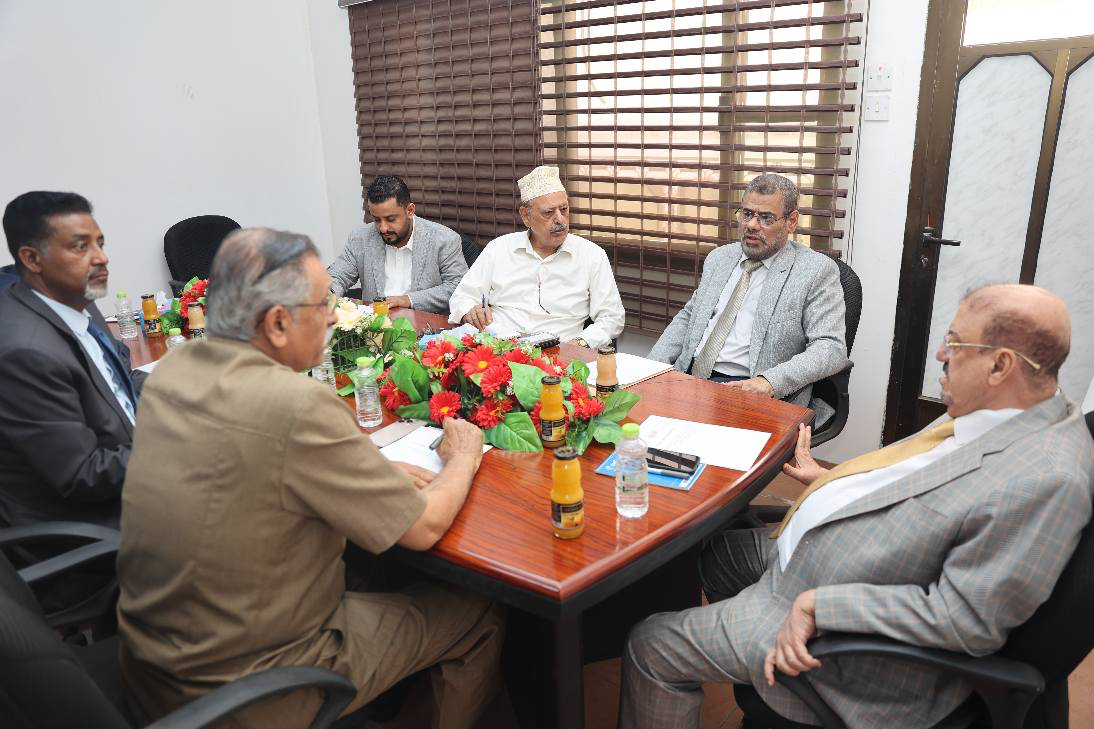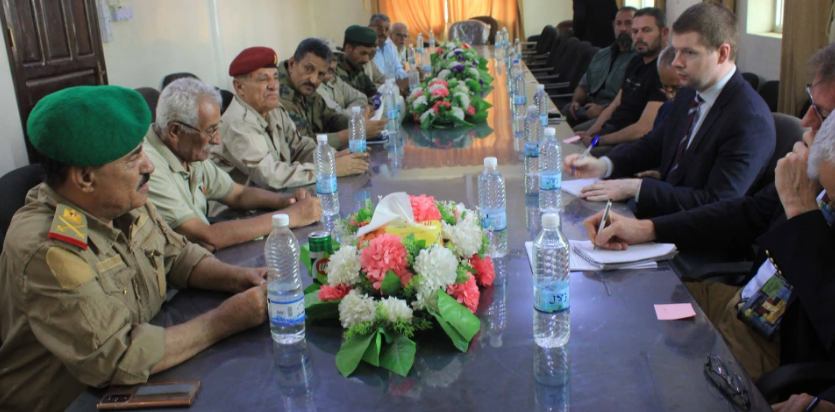
Barran Press
Security forces in Yemen's Marib province announced on Wednesday the dismantling of a "sabotage cell" with links to the internationally blacklisted Houthi group. This marks the second such operation declared by government-controlled areas within a week.
A security source from Marib's police department stated that the apprehended cell was operating as part of a clandestine network working to advance the Houthi agenda. The cell was reportedly planning sabotage operations, inciting chaos, and targeting civilians and displaced persons. The statement, published by "Security Media" and followed by "Baran Press," detailed the operation.
The source added that the security operation followed precise monitoring of the suspects' movements, leading to the arrest of the cell members red-handed. Evidence found in their possession confirmed their direct links to Houthi leadership in Sana'a.
Marib security forces vowed to "strike with an iron fist" anyone attempting to undermine the province's security and stability. The source also commended the cooperation of tribal members and citizens in maintaining public safety and stability.
Previous Operation Foiled in Taiz
This announcement followed an operation on June 28, when the Supreme Security Committee revealed details of dismantling a "terrorist network" in Al-Shamayteen district, west of Taiz province. That network was linked to the Houthis, Al-Qaeda, and ISIS, and allegedly managed by Amjad Khalid, a former commander of the Transport Brigade.
According to the official Yemeni News Agency (Saba), the Security Committee stated its operation to dismantle the Taiz network came after continuous intelligence monitoring and follow-up, directly supervised by Dr. Rashad Al-Alimi, Chairman of the Presidential Leadership Council and Supreme Commander of the Armed Forces.
The committee reported that the network, managed by Amjad Khalid, had proven direct ties to Houthi leaders, notably Mohammed Abdul Karim Al-Ghumari and Abdul Qader Al-Shami, described as key architects of "terrorist and sabotage operations" in liberated provinces. The committee also noted the network facilitated "collusion between the Houthis and terrorist organizations and their cross-border schemes."





